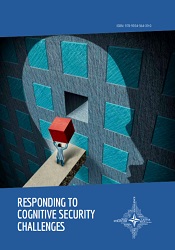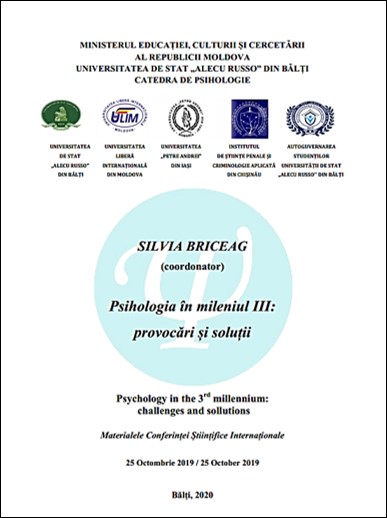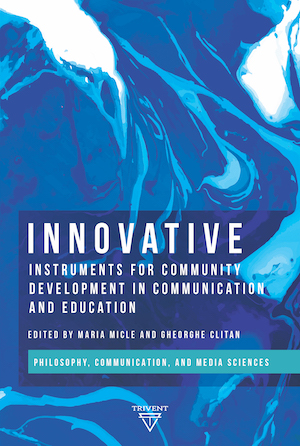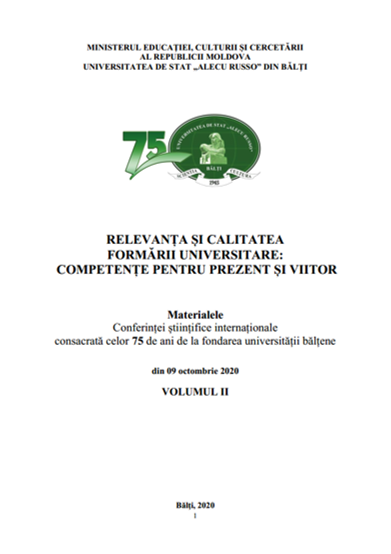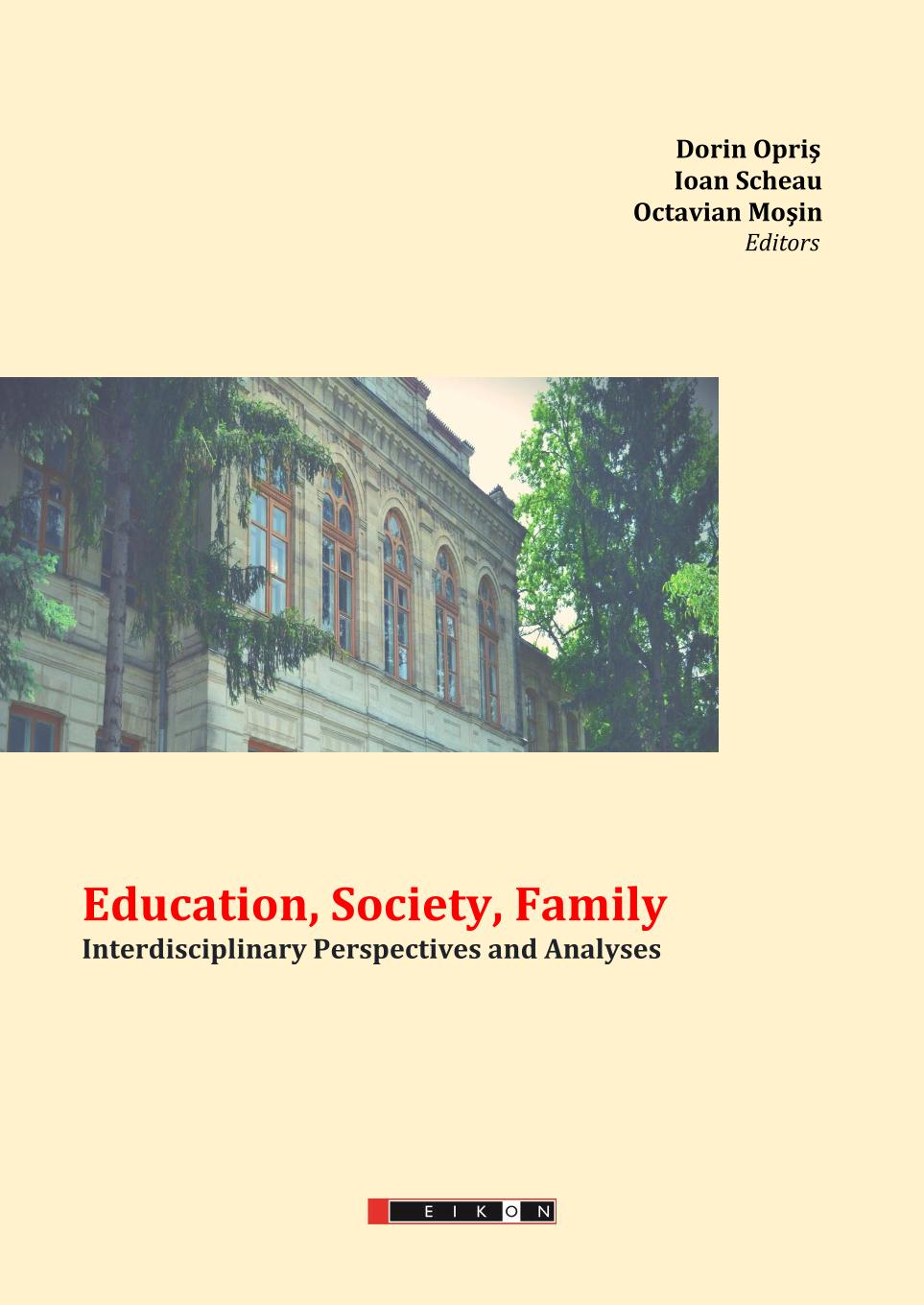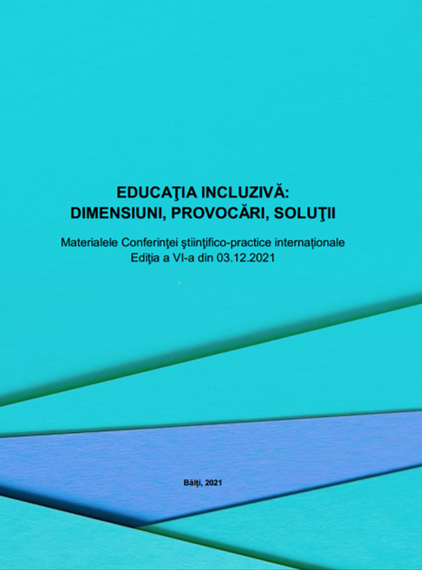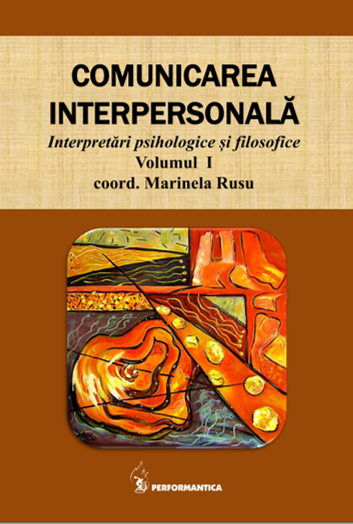Author(s): Loredana-Alina Stan / Language(s): English
Publication Year: 0
Moral education is the dimension of education that seeks to form and develop the consciousness and moral conduct of the individual's personality. The basic aspects of moral education are interconditioned and complement each other. The specialized literature offers us thousands of volumes and studies on attitude, a major factor in moral education and one of the most studied concepts in social psychology, the term having about 100 definitions. Kindergarten is the environment in which the child's morality is based, his ideals and spiritual values are determined, moral values such as kindness, honesty, diligence, humanity, honesty, love, friendship, respect are outlined. The moral attitudes of the preschooler develop through play, assimilating various systems of rules, norms and values that are promoted in society. The formation, acquisition and development of attitudes and moral values is a complex process, a long process and manifests itself through a certain way of thinking, acting and behaving. Contemporary psychology emphasizes that internally, attitudes combine the cognitive component with the affective and behavioral. Externally, pedagogically, attitudes are manifested through learning and self-learning actions (cognitive), through emotions and feelings (affective actions), actions and deeds of a practically spontaneous or projected nature (behavioral).
More...


